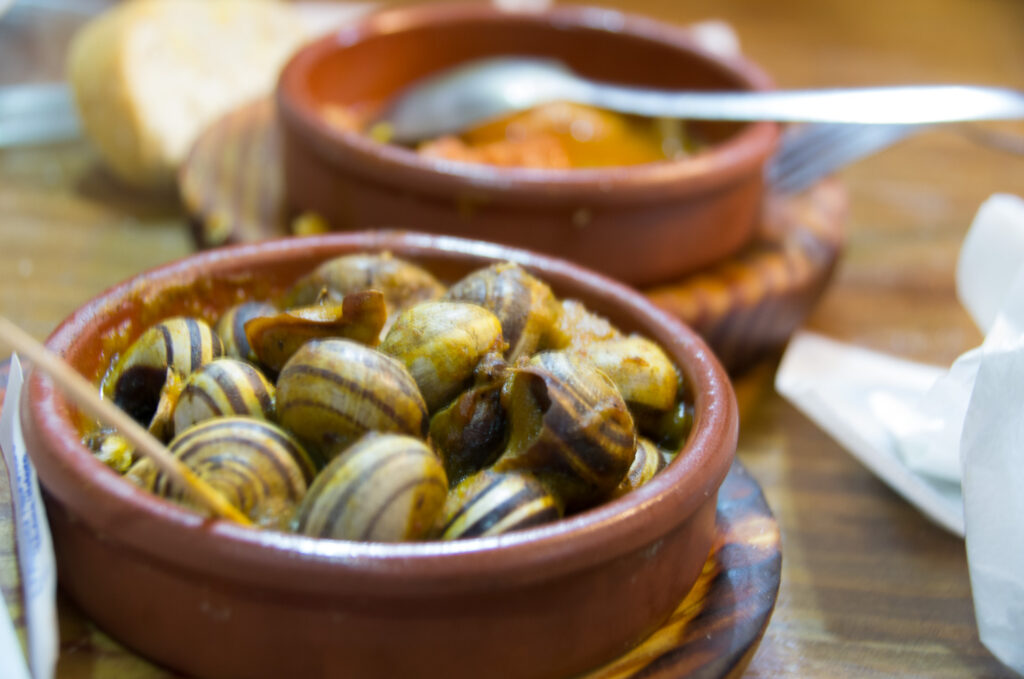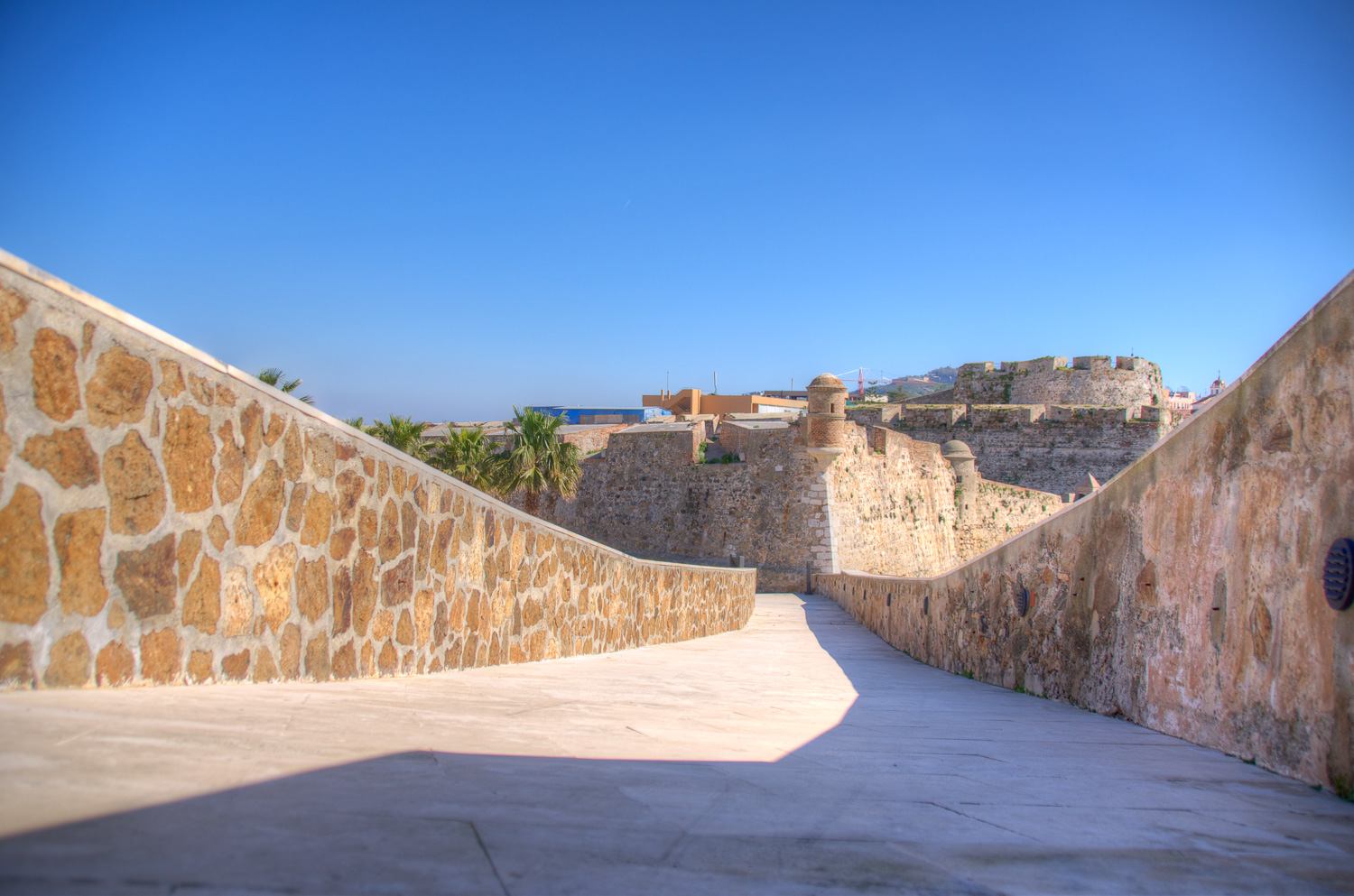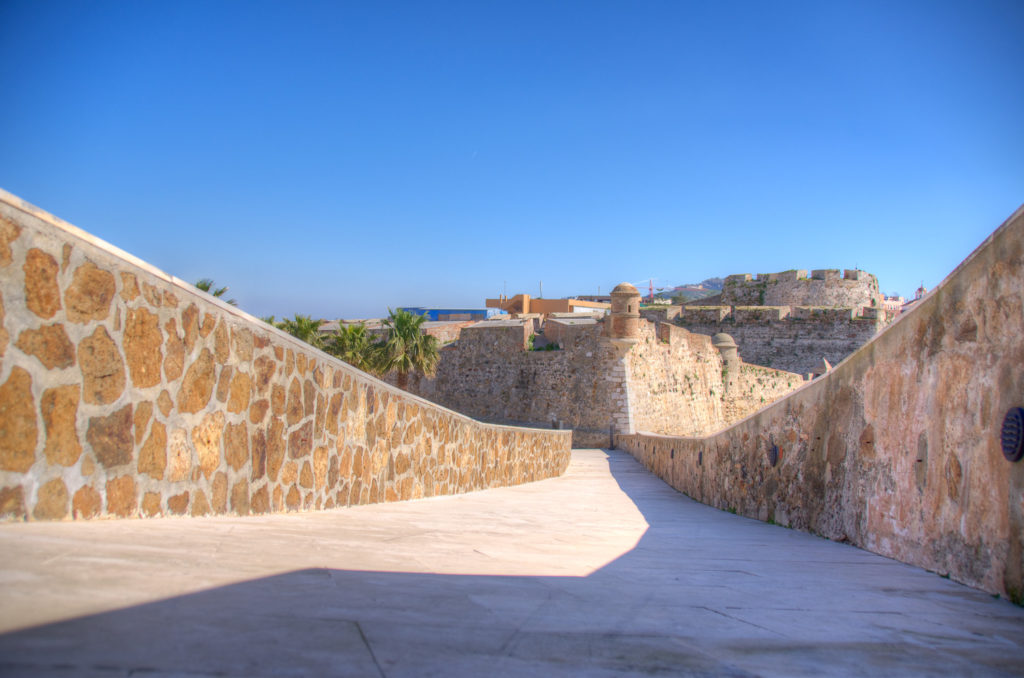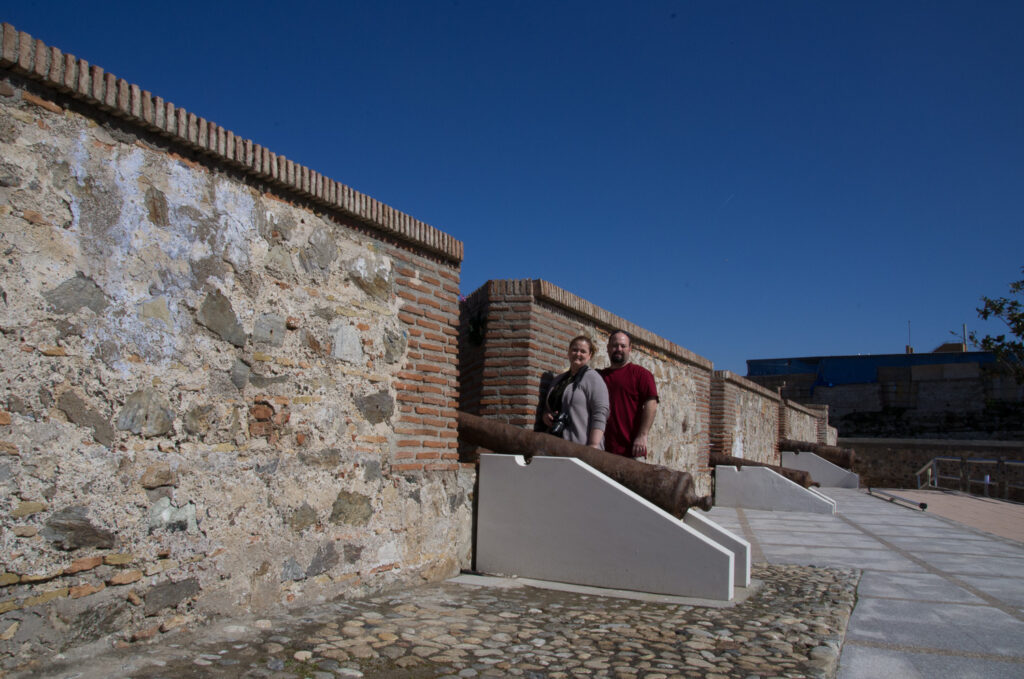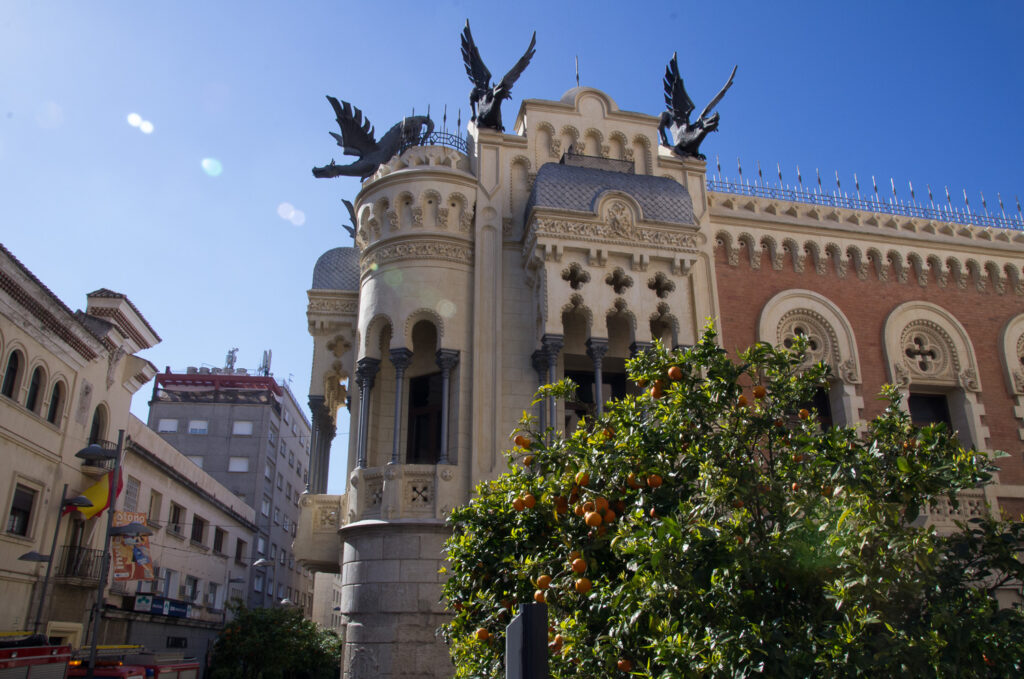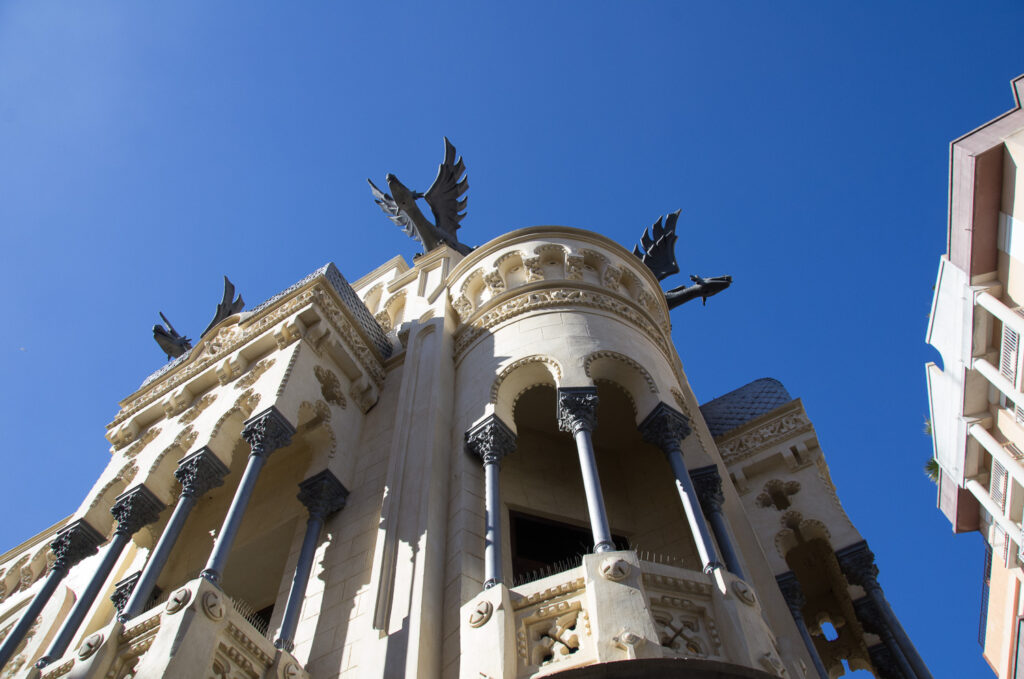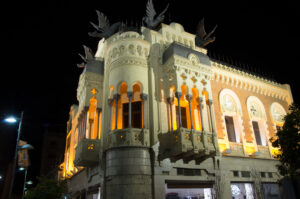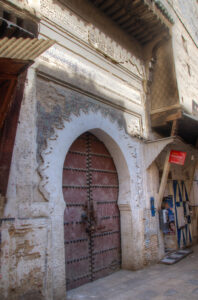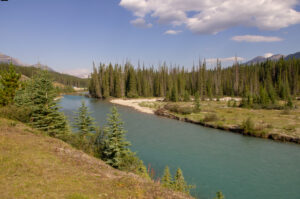Septa / Ceuta
Our only full day in Ceuta was full of walking. Shelley and I decided to walk the streets of the city and photograph what there was to see. We started our journey with a walk along the Mediterranean Sea toward the Royal Walls of Ceuta.
THE ROYAL WALLS
The Royal Walls of Ceuta were originally constructed in the 1540’s. The walls were built for the defense of the city from the land side. At the base of the walls there is a sea-filled ditch added to the fortifications. Shelley and I walked through the areas of the Royal Walls that are open to the public.
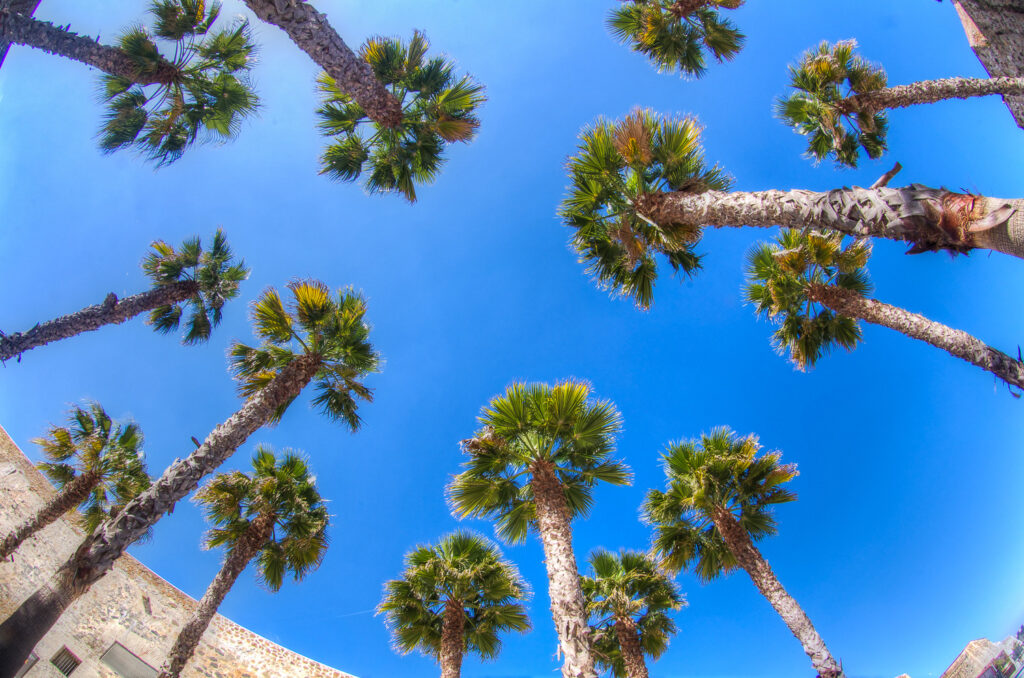
THE DRAGON’S HOUSE
The Dragon’s House was completed in 1905 by architect José M. Cortina Pérez at the request of Francisco Cerni González in 1900, who was the Mayor of Ceuta at the time.
CATHEDRAL OF ST MARY OF THE ASSUMPTION (CATEDRAL DE SANTA MARÍA DE LA ASUNCIÓN)
This Roman Catholic Church was transformed from the Great Mosque of Septa after the Portuguese conquest of 1415. There are records from the Byzantine Empire (or Eastern Roman Empire) which show that there was an early church that was built on the site in the 6th Century.
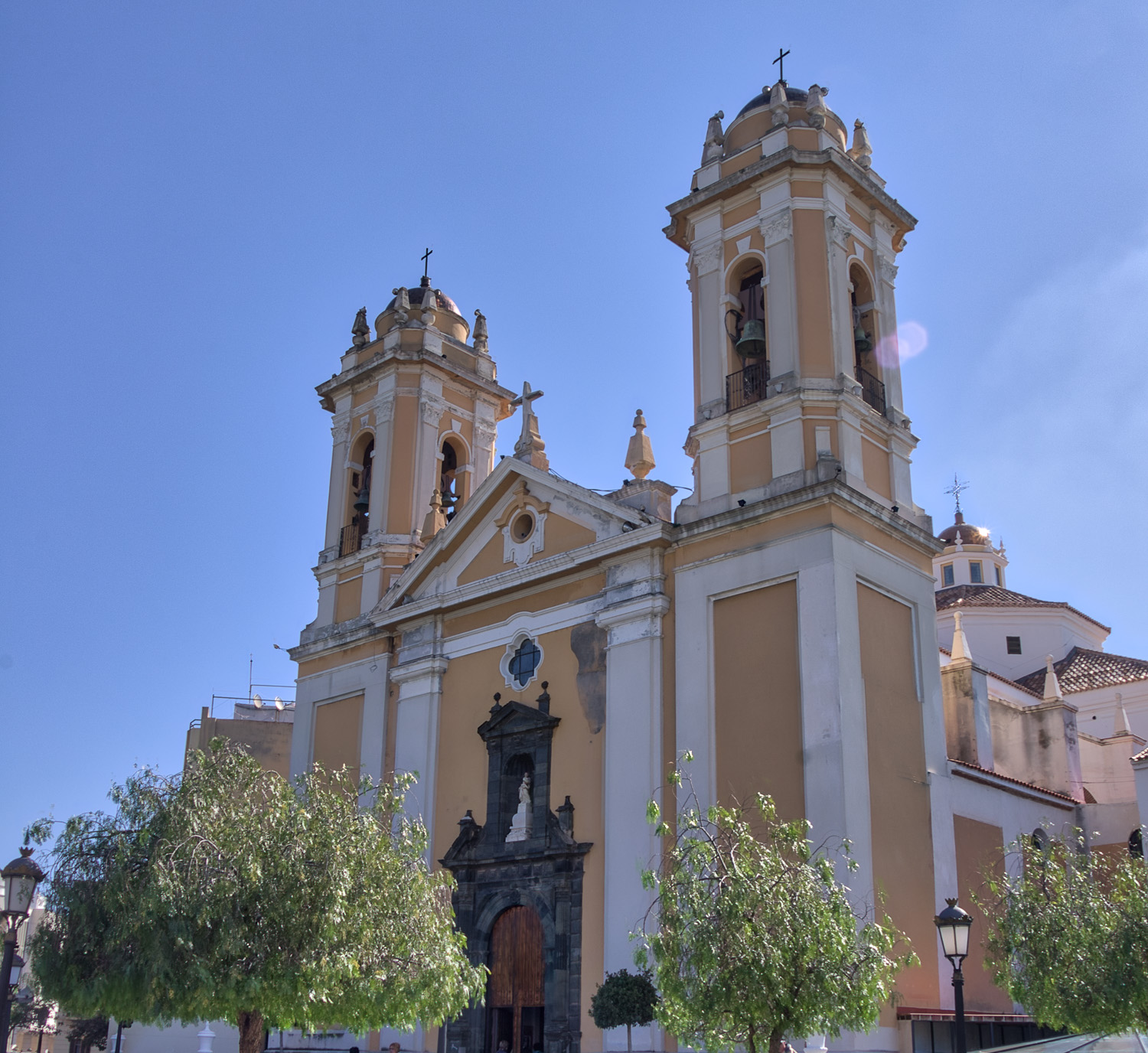
CHURCH OF SANTA MARÍA DE ÁFRICA
The Church of Santa Maria de Africa was completed in August of 1752. According to varies records, construction may have started as early as 1676.
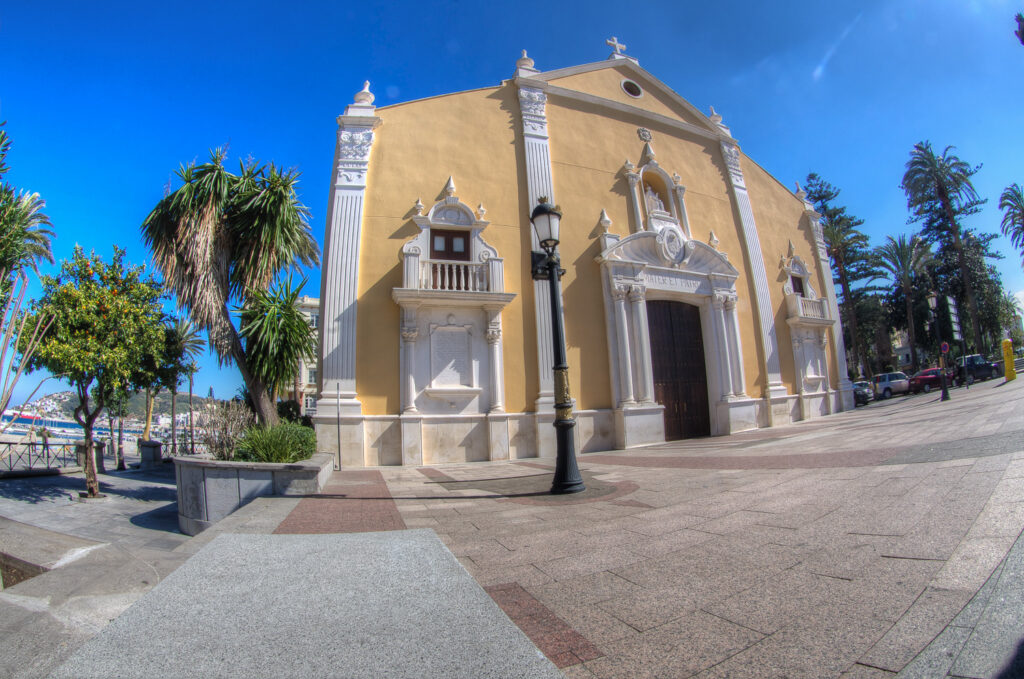
As the day moved toward night we meet back up with my cousins for dinner.
